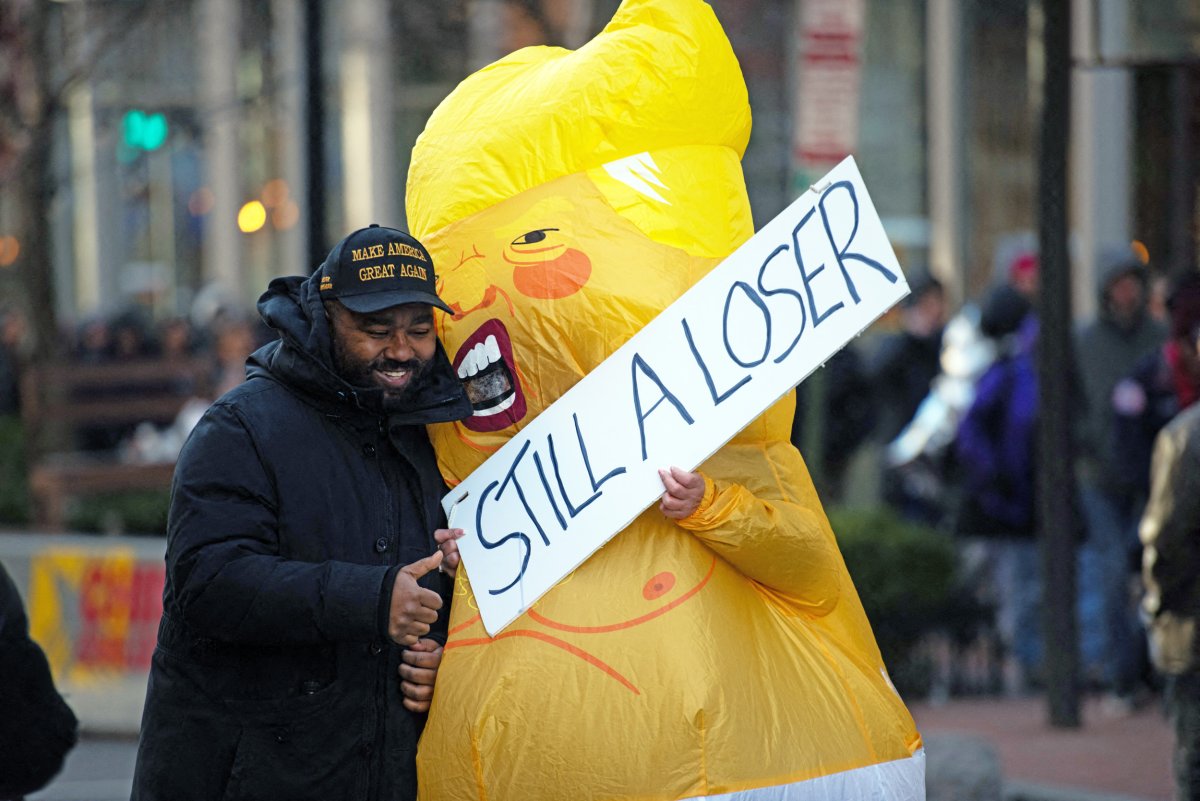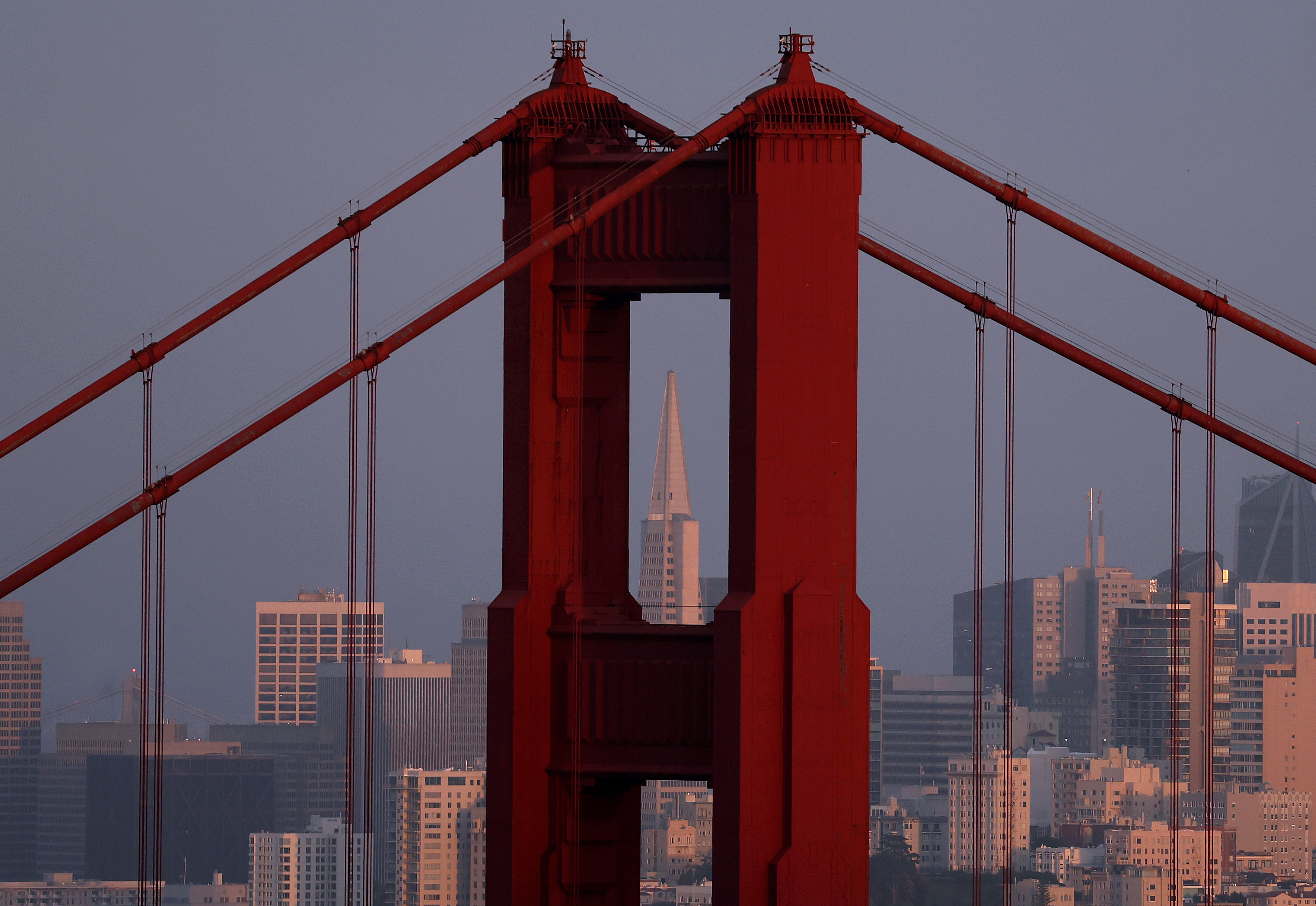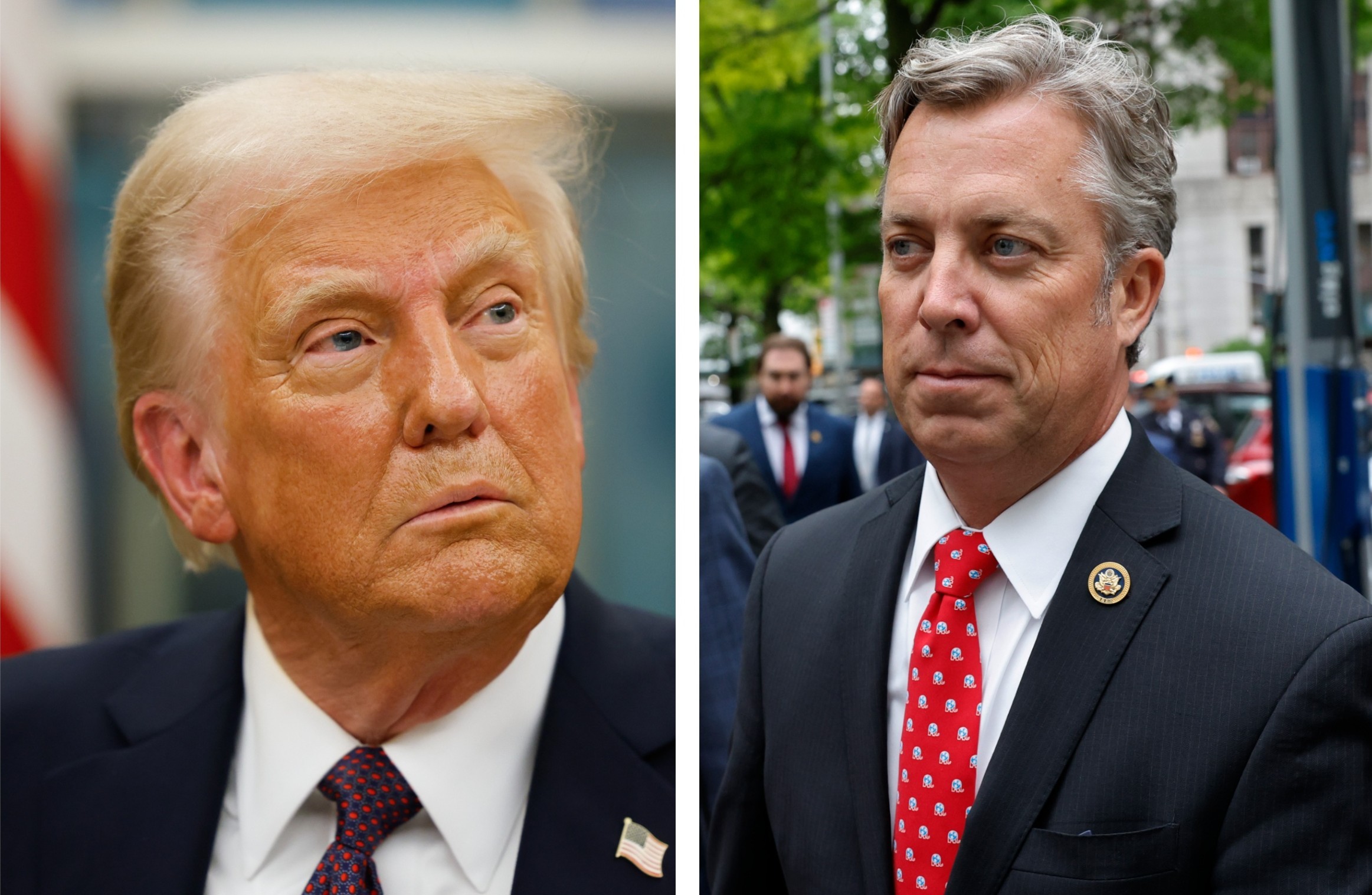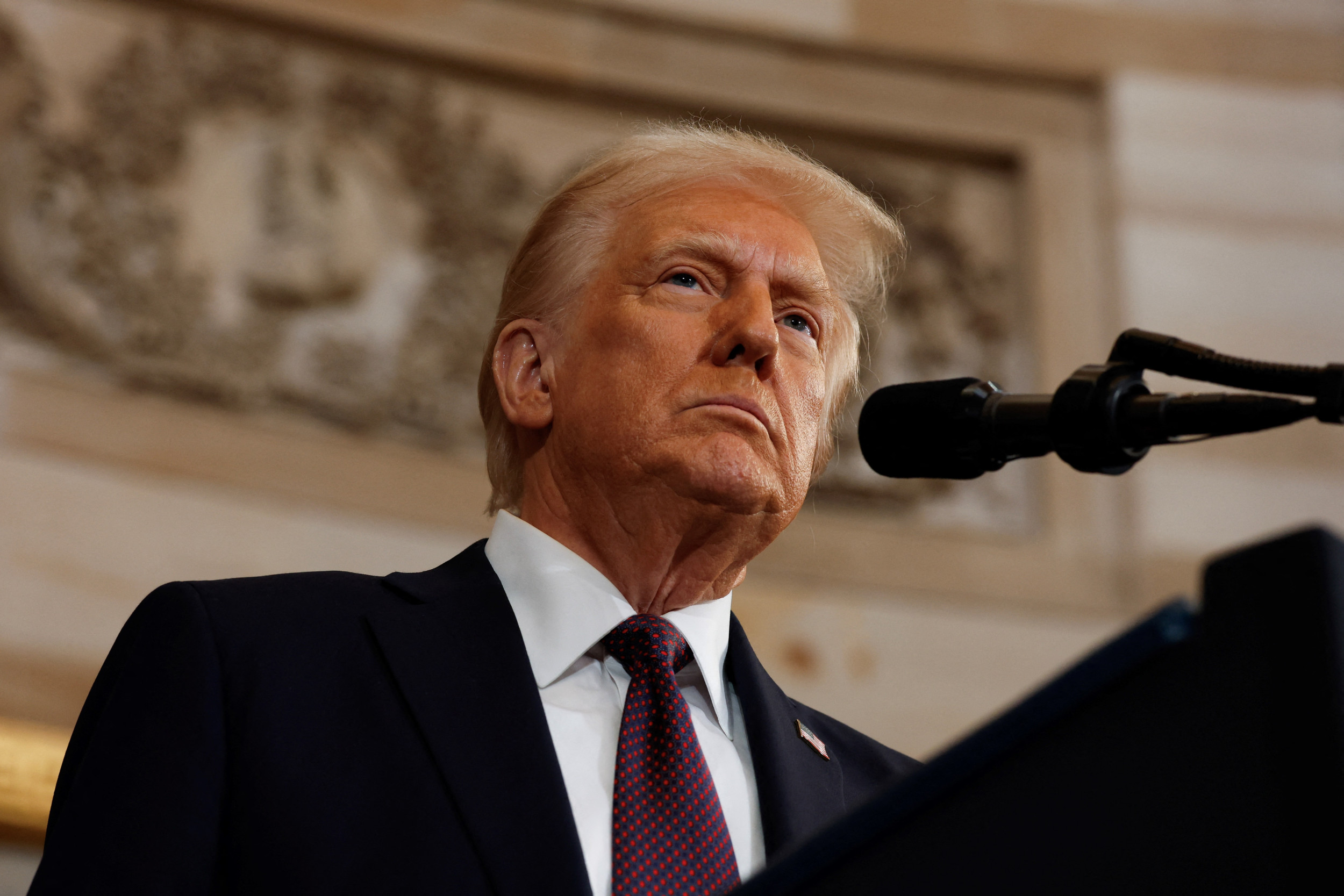For many people, the dawn of the second Trump administration is a dark time. Democrats and Republicans are afraid that their civil rights and their civil liberties are in jeopardy and look to the courts to protect their 14th and 15th Amendment rights. But in the Age of Trump and with a conservative Supreme Court hostile to Fourteenth and Fifteenth Amendment claims, the American people, should really be looking to exercise and to safeguard their rights under the First Amendment.
That's because the First Amendment rights of freedom of speech, freedom of the press, and peaceable assembly are fundamental protections of our ability to criticize public officials. And the ability to criticize public officials without fear of retribution is what differentiates a democracy from a dictatorship.
We learned these lessons the hard way during the 1930s in a Georgia case about attempting to incite insurrection involving an 18-year-old black Communist Party organizer named Angelo Herndon.

In June 1932, Herndon led a peaceful interracial demonstration in front of the Fulton County Courthouse because county officials had decided to cut off all unemployment relief at the height of the Great Depression. Though the county officials reversed their decision and restored the unemployment relief, Herndon paid a steep price.
A communist organizer of Atlanta's black and white unemployed workers and a critic of the Democratic Party's white Georgia political establishment, Herndon was charged under a former slave insurrection statute with attempting to incite insurrection—a crime punishable by death. The police seized radical books and other literature from Herndon during his arrest and by searching his rented room without a warrant.
At the trial, prosecutors quoted from the books and literature seized from Herndon and repeatedly invoked the Communist Party's idea of self-determination in the Black Belt—an independent nation of black people in the Deep South—as proof that Herndon was attempting to incite an insurrection. In response, Herndon's defense lawyer, Benjamin J. Davis, Jr, pleaded with the all-white jury: "You can't kill a man because of the books he reads."
The jury took Davis's admonition too literally—voting to convict Herndon of attempting to incite insurrection but recommending a sentence of 18 to 20 years on a Georgia chain gang. Instead of the electric chair, Herndon would have suffered a slow, painful death through hard labor.
Herndon's conviction turned his case into a cause célèbre on par with that of the "Scottsboro Boys"—nine black youths wrongfully convicted of raping two white women. Prominent black and white people from all over the country rallied to Herndon's cause.
For several years, Herndon languished in Fulton Tower prison while his lawyers twice appealed his case to the Supreme Court. The second time, in 1937, the Court ruled, 5-4, that Herndon's conviction for attempting to incite insurrection violated his rights to free speech and peaceable assembly. In his majority opinion, Justice Owen Roberts wrote: "The power of a state to abridge freedom of speech and of assembly is the exception rather than the rule and the penalizing even of utterances of a defined character must find its justification in a reasonable apprehension of danger to organized government."
Roberts's opinion incorporated the ideas in Justice Louis Brandeis's concurring opinion in the case of communist Charlotte Anita Whitney warning against the criminalization of free speech absent a "clear and present danger" of imminent violence.
In his Whitney concurrence, Brandeis emphasized the importance of free speech and assembly in a robust democracy: "Fear of serious injury cannot alone justify suppression of free speech and assembly. Men feared witches and burnt women. It is the function of speech to free men from the bondage of irrational fears."
The 1937 decision in Herndon v. Lowry was one of the first cases in which a majority of the Supreme Court—under fire after President Franklin Roosevelt proposed his court-packing plan—recognized the importance of Brandeis's conception of free speech and peaceable assembly as essential to a functioning democracy.
In the Age of Trump, we need the ability to criticize public officials and to peacefully protest their actions without fear of criminal prosecution or other forms of retribution. We need the press to be able to write articles, to televise news programs, and to post on social media without an onslaught of libel lawsuits or media self-censorship. This is what differentiates democracy in America from dictatorships around the world. And, as the Angelo Herndon case demonstrates, this is why people should exercise and safeguard their rights under the First Amendment. This is what makes us We the People.
A Georgetown Law professor, Brad Snyder is the author of the forthcoming book, You Can't Kill a Man Because of the Books He Reads: Angelo Herndon's Fight for Freedom.
The views expressed in this article are the writer's own.




















 English (US) ·
English (US) ·